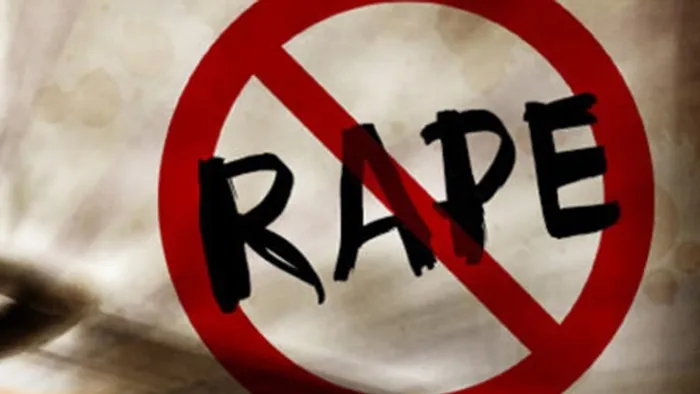Constitutional Court to review controversial consent definitions in sexual offences

The Constitutional Court will on Thursday hear further arguments in the legal challenge against South African rape laws which gives perpetrators a loophole which could see them acquitted.
Image: File picture
While the high court earlier found sections of the Sexual Offences Act, as amended, to be invalid to the extent that the Act does not criminalise sexual violence where the perpetrator wrongly believed that the complainant consented to the sexual conduct, the Constitutional Court will on Thursday hear further arguments on the matter.
The Gauteng High Court, Pretoria’s judgment in September last year followed a challenge by the Embrace Project, the Centre for Applied Legal Studies (Cals) - which was an intervening party - and a rape survivor to what they called problematic definitions of consent and rape in the amended Act.
The arguments raised included that the definition of consent made it difficult for rape victims to get justice as the perpetrator could use the law as a defence.
The case of Loyiso Coko who at first got away with rape, came under the judicial spotlight. He and his victim only agreed on oral sex, but the accused performed penile-vaginal sex on the complainant and claimed that the complainant's body language gave tacit consent to penetration.
The complainant contended that she asked him to stop because he was hurting her, but the accused claimed that he took that to mean that he must stop momentarily for her to become comfortable.
The accused was convicted of rape by the magistrate court, but on appeal, he was acquitted because his version was reasonable and possibly true, although his explanation was improbable. The Supreme Court of Appeal later again reinstated the conviction.
The victim in this present application was raped in 2018 by a man she met through an online dating site. The court acquitted the accused on the basis that the victim had not objectively consented to the accused's penile penetration, but she neither physically resisted nor loudly protested.
The trial court accepted that he had subjectively believed that there was consent.
Judge Selby Baqwa, who last year invalidated certain sections of the Act, found that by enabling the defence of the unreasonable belief in consent, the Act violates the rights of victims and survivors to, among others, equality and dignity, and the right to be free of all forms of violence.
The ConCourt will now have to look at the matter afresh and either confirm or decline the findings of the high court.
Cals explained that consent is no longer just used as a defence, but an element of the crime which needs to be proven beyond reasonable doubt by the prosecutor in order to secure a conviction. This places an added burden not only on the prosecutor but also on victims of sexual offences to convince the court that they did not consent.
Cals argues that the inclusion of consent in the definitions of sexual offences discriminates against victims of these crimes – a majority of them women and gender diverse people.
The Centre for Human Rights, University of Pretoria (CHR), and the Psychological Society of South Africa, as friends of the court, will meanwhile also make submissions before the apex court on Thursday. Their arguments are that consent in sexual offence cases is highly complex.
They will highlight the fact that the nature of responses to panic and fear embedded in rape or sexual assault (which can include paralysis, numbness, detachment and extreme immobilisation), may render survivors unable to express their non-consent.
Their submissions bring to the fore psycho-legal perspectives that ensure the acknowledgement of the lived realities of trauma. They say their submissions are invaluable in shaping the court’s understanding of how consent should be understood and interpreted in future cases.
zelda.venter@inl.co.za
Related Topics: